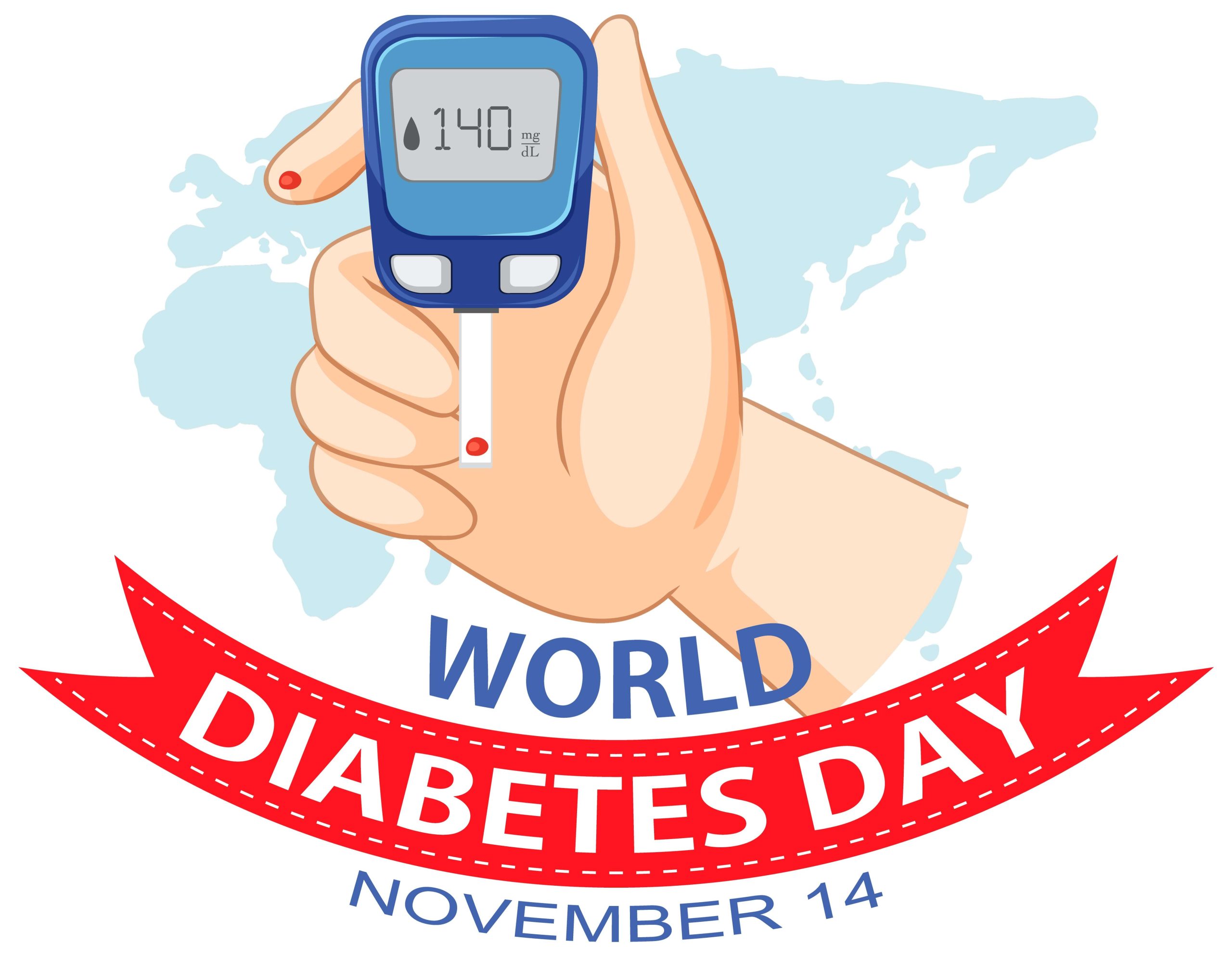Disclaimer:
This article is for information purposes only. It is not a substitute for medical advice or treatment. Seek medical care for your treatment.
Diabetes doesn’t let your body make sufficient insulin or your body can’t use it according to your requirement. Hyperglycemia, which is high blood sugar, is linked with diabetes and prediabetes. Prediabetes means when your blood sugar level is elevated but is not elevated enough to be categorized as diabetes.
Generally your body oversees your blood sugar levels by creating insulin, which is a hormone that permits your cells to use the flowing sugar in your blood. Insulin is the most significant regulator of blood sugar levels.
Anyways various factors can undermine blood sugar management and result in Hyperglycemia.
When your liver creates a great deal of glucose, your body produces very little insulin, or your body can’t use insulin efficiently. The later is known as insulin resistance. Exterior factors incorporate dietary choices, some medicines, an inactive lifestyle and stress.
Certain reports reveal that 13% of adults residing in U.S. live with diabetes and 34.5% have prediabtes. So, to be precise 50% of adults living in U.S. have diabetes or prediabetes. It is necessary for the people with diabetes to supervise their blood sugar because raised sugar levels can cause serious complications. Enlisted below are 10 easy and achievable ways to lower your blood sugar levels:
1) Keep a check on your Carb intake:

Your carb consumption strictly impacts your blood sugar levels. Your body crushes down carbs into sugar, chiefly glucose. Further, insulin assists your body to use and store it for the energy. This process fails and can elevate blood glucose levels when you consume plenty of carbs or have insulin-function issues. ADA suggests that diabetic patients should check their carb intake. This can help you in planning your meals accordingly, thus enhancing your blood sugar management. Studies reveal that eating low carb diets can decrease blood sugar levels. Let’s just remember that low carb diets and no carb diets are not the same. You can still consume carbs while supervising your blood sugar. Whole grains and refined carbs reduce blood sugar levels and provide good nutritional value.
Carbs are not only present in breads, potatoes and pasta but, are also found in fruits and vegetables, sweets and dairy.
2) Stay more active and exercise regularly:
Exercise can really benefit people with diabetes. Exercise boosts your overall health, mood and metabolism. The less you move, the more prone you are to various diseases. It is suggested to do 30 minutes cardio or aerobics thrice a week. You can exercise for 5 or 10 minutes if you can’t exercise for 30 minutes. Gradually increase your time this will boost your stamina as well. Stay more active by doing walking, cycling, exercising, swimming or whatever suits you well. Before starting any exercise routine ask your health care provider to assure that you are doing it safely.
Try to involve in physical activity for minimum 30 minutes a day, 5 days a week.
3) Avoid taking stress:

Stress can cause a great impact on your blood sugar levels. When you are stressed out your blood sugar level elevates. Your body discharges hormones like glucagon and cortisol, which raises blood sugar levels and causes wrecking for almost 8 hours. Significantly bust your stress through these relaxation methods:
- Meditation
- Yoga
- Journaling
- Walking
- Any activity that you enjoy doing like, drawing, singing or swimming
4) Get quality sleep:
Good relaxing sleep can decrease stress and balance your blood sugar levels. Lack of sleep and rest can lead to elevated blood sugar levels and insulin sensitivity, raising the chances of developing type 2 diabetes. This can result in weight gain by increasing your appetite. Sleeplessness can raise levels of cortisol, which plays a vital role in blood sugar management. It is suggested to get at least 8 hours of peaceful sleep every night. Mentioned below are some things you can do to get quality sleep:
- Strictly follow a sleep schedule
- Don’t drink alcohol and caffeine in late hours
- Exercise regularly
- Stop using all the devices before bedtime
- Keep your room cool n cosy
- Avoid daytime naps
- Use soothing scents like lavender
- Avoid working before bedtime
- Try to maintain a bedtime routine by taking warm shower before bed
- Try meditation
5) Stay hydrated:

Staying hydrated is an easy way to control your blood pressure and blood sugar levels. Drinking plenty of water keeps your blood sugar levels in a healthy range; it flushes out any extra sugar through urine. The more you drink water there is less probability to develop high blood sugar. Studies show that people who drank less than ½ liter of water a day are at a greater risk of having blood sugar issues. Drink at least 8 glasses of water.
6) Maintain healthy weight:
Losing extra fat can decrease the amount of metabolically active tissue in your body; this makes it easy to maintain your blood sugar levels. Consult your dietician for some guidance about losing weight safely. Maintaining an ideal weight boosts healthy blood sugar levels and minimizes the danger of developing diabetes. According to some research reducing 5% body weight can enhance your blood sugar regulation and diminishes the need for medicines for diabetes.
7) Consume more fiber:

Fiber slows down your carb digestion and sugar absorption, encouraging an increase in blood sugar levels. There are 2 important types of fiber:
- Soluble fiber: showcase improvement in blood sugar management.
- Insoluble fiber: whereas, insoluble fiber doesn’t show any such effect.
A fiber rich diet can enhance your blood sugar regulation and reduce blood sugar levels. 25 grams for women and 35 grams for men is the suggested daily intake of fiber. Fiber rich foods are:
- Vegetables
- Fruits
- Legumes
- Whole grains
8) Continuously take your medications and stick to an insulin routine:
Omitting your dose or insulin can be dangerous for your body and can raise your blood sugar levels. Be persistent in taking your treatment and medications.
9) Don’t skip your breakfast:

Breakfast is the most significant and necessary meal of the day especially for the diabetic patients. Protein rich breakfast is preferred over carbohydrate rich breakfast. According to researchers the ideal breakfast includes 39g of protein and leads to lower post-meal glucose rises than meals with little protein. Consuming breakfast also helps in reducing some weight of people with type 2 diabetes.
10) Check your blood sugar levels:
If you are diagnosed with diabetes or prediabetes, it is necessary to monitor your sugar levels which will keep you updated about your sugar level and its causes.
You can use glucometer to keep a constant check on your sugar levels.
Conclusion:
Maintaining an insulin regime and exercising regularly can lower your blood sugar levels. Maintaining a healthy diet and healthy life style can naturally lower your blood sugar levels.




